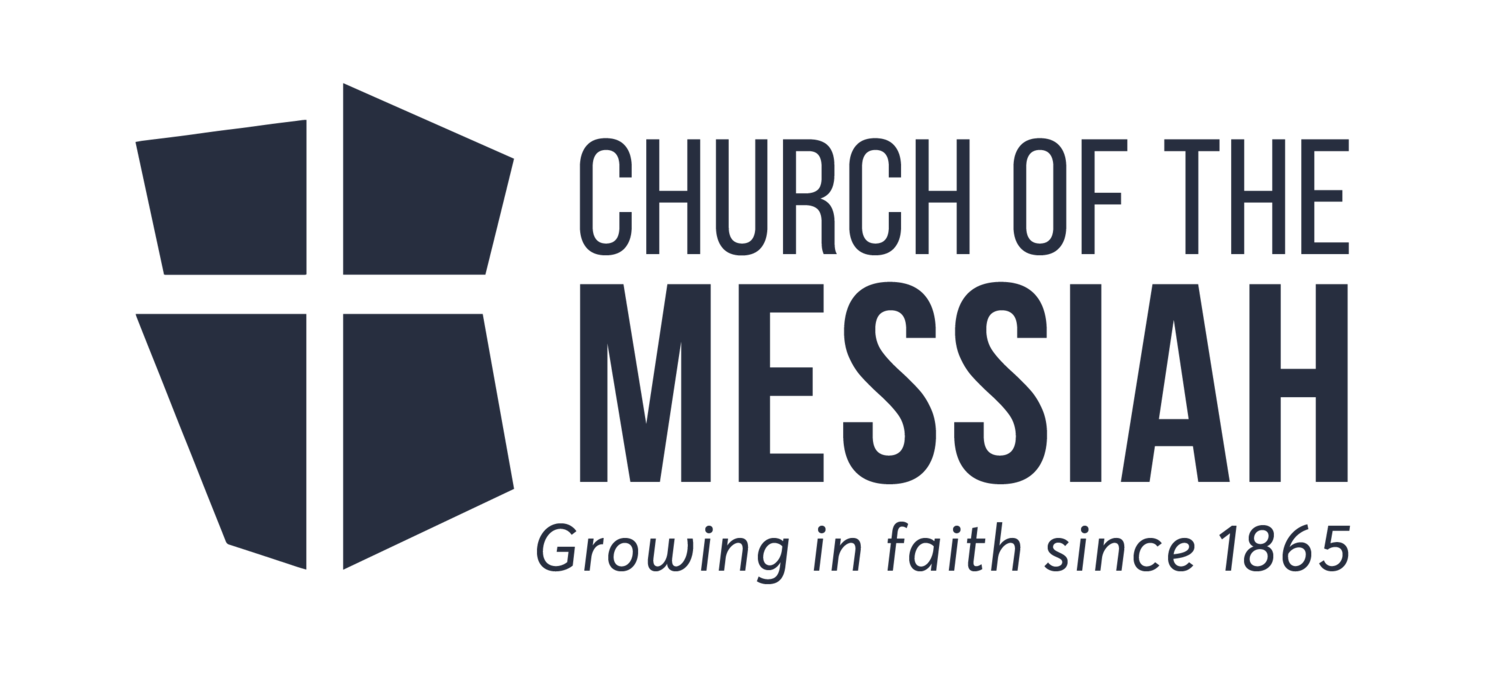SING ALLELUIA TO THE LORD
Dear Friends,
I confess some hesitancy in writing this blog. Those of you who have been Canadian Anglicans for a while, or for that matter, have attended some other ANiC or ACNA church, know that I am being “transgressive” in what I am about to write. It is the custom in these churches, as it is in Roman Catholic churches, to “give up” saying “Alleluia'' during the season of Lent. However, we at Messiah do not do this. We sing Alleluia all year long. Visiting Anglicans often find this wrong, or at best, odd. A couple of points.
First, to stop saying Alleluia during Lent is a custom of some Anglicans, but is not supported by the historic formularies of Anglicanism. Church of the Messiah is part of the Anglican Network in Canada. Our doctrine and practise is found in the 1662 Book of Common Prayer, the Ordinal (with its Preface), and the Thirty-nine Articles of Religion. The relevant part of that long mouthful is the 1662 BCP. In that book there are parts that are written in smaller, italicized print. These are known as “rubrics''. They give instructions about how services are to be done. If you read them, you will find no instructions to stop saying Alleluia during Lent (or Advent, where for “no-alleluia” Anglicans, the same rule applies). The “no-alleluia” Anglicans also say you should not say or sing “The Gloria” or the “Gloria Patri” during Lent. Yeah, I know, Anglicans and their love of Greek or Latin names for parts of the service. I apologize for using them. The “Gloria” is a wonderful hymn that is part of the 1662 BCP Communion Service, said or sung just before the end of the service. We rarely use it at our 10am service - the explanation for this would require another blog. However, those of you who attend, or have attended, the 8am service will be familiar with it. It starts “Glory be to God on high …”. The “Gloria Patri” is something said or sung at the end of a Psalm, and in other parts of Morning and Evening Prayer. It goes like this, “Glory be to the Father, and to the Son, and to the Holy Spirit; as it was in the beginning, is now, and ever shall be, world without end. Amen.” Now my point is this. The same tradition that forbids saying “Alleluia” during Lent, also forbids saying the Gloria and the Gloria Patri. However, the rubrics of the 1662 BCP do not tell you to do this. In fact, they (the rubrics) tell you to say or sing these words all the time! So, our practise at Messiah is not un-Anglican, but is in fact consistent with the key Anglican formularies regarding doctrine and worship.
Second, the Bible describes and encourages ceaseless praise. I want to begin by stating the biblical teaching in a “positive” manner. The Bible is filled with commands and exhortations to praise the Lord with our lips. Usually texts (Psalm 95 is a great example) which warn about sin are done so in the context of praise. To say the same thing in a “negative” way, I can think of no biblical support for the command to stop praising God for a season. Even in repentance we should “sing alleluia” for His mercy and grace.
Third, not as a rule, but as an exhortation - ask the Lord to grant you a heart that is filled with praise and is quick to praise Him! Personally, it is too easy for me to be taught and formed by “the world, the flesh and the devil”. Media and government are always instructing you about what is worthy of praise and what you should praise. Their instruction is very much of “this world” and centres on what is important to secular power. So, drown out their teaching by frequent, heartfelt praise! “Glory be to the Father, the Son, and the Holy Spirit, as it was in the beginning, is now, and ever shall be, world without end. Amen.”
George+
